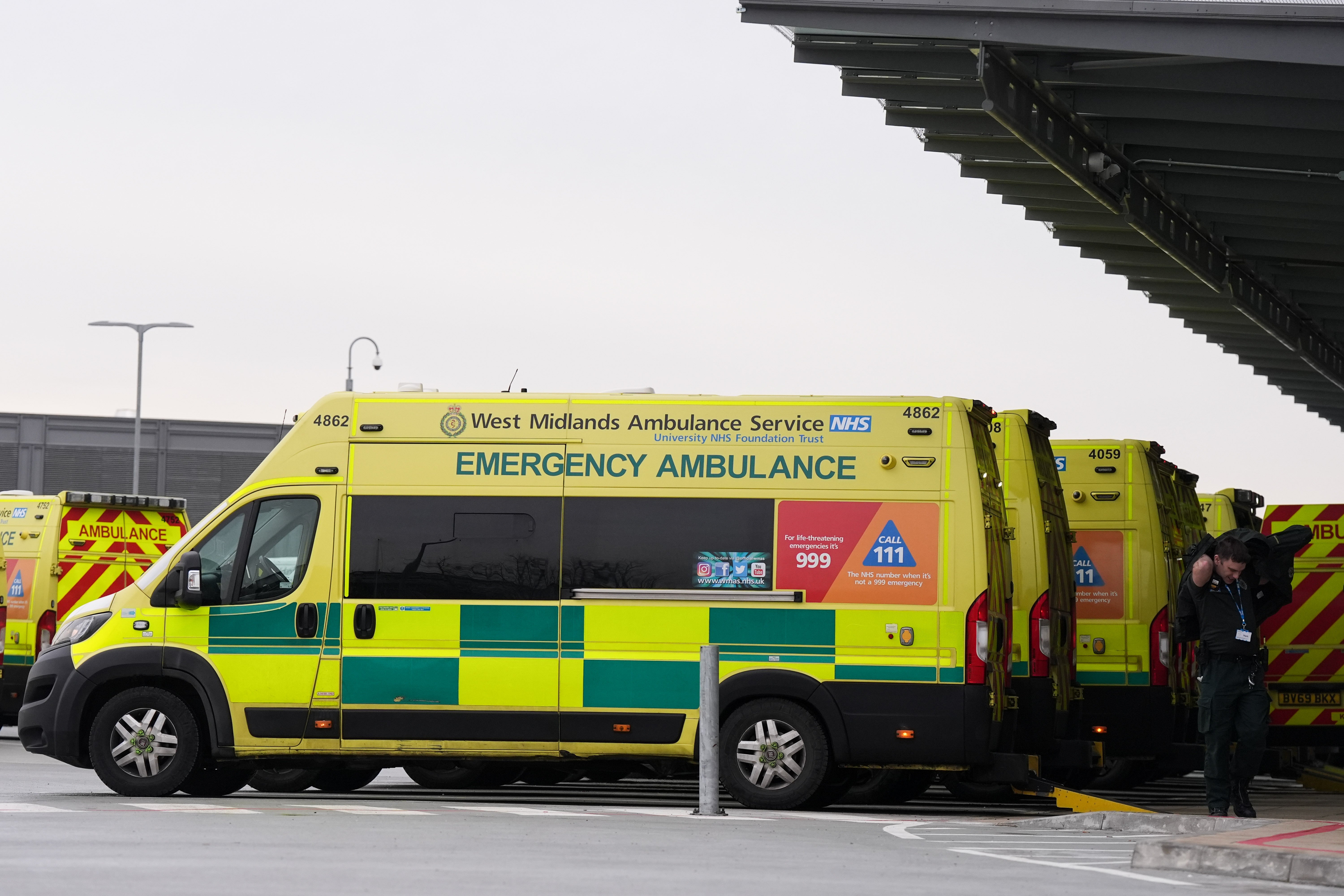Recruiting ‘corridor care’ nurses is a new low for the NHS that shames us all
As a hospital advertises for staff to care solely for the overspill from its wards, Dr Sarah Williams says those working on the frontline recognise it as a desperate move by a healthcare service at breaking point


At a time when you would struggle to find an NHS health professional who is not being asked to do their job in an inappropriate environment, for the Whittington Hospital in north London to advertise for nurses who can provide “corridor care” is, I suppose, brutally honest.
In the last week, nearly 20 hospitals across the UK declared critical incidents – which could mean running out of essential resources or reaching maximum capacity due to the lack of beds. These trusts include hospitals in Northamptonshire, Cornwall, Liverpool, Hampshire, Birmingham, Plymouth and the Wirral.
With an overwhelming number of people coming through the doors – the tally of those seeking treatment for flu continues to rise – there simply is nowhere else to put everyone.
Cubicles are full in emergency departments before the morning shift has even begun. With no space on the wards to move admitted patients, we start to bottleneck at the front door. Resuscitation cubicles are frequently shared by two patients, with a screen in-between to try and maintain some level of dignity. Trolleys rapidly fill any corridor space that becomes available.

Still, the ambulances keep coming. There are no automatic offloads into beds by being brought into hospital – you are just as likely to be triaged to the main waiting room to sit with the masses.
We are treating patients at the front door and in the back of ambulances, ordering bloods, medications and imaging to get the process underway, trying our best to do our jobs.
Is it good enough? Not by a long way.
It is heartbreaking to see the elderly sitting uncomfortably on chairs, waiting for medication, with it falling to their families to ensure they are fed and safe. Even those that have been seen still find themselves sitting in chairs hours after a decision has been made to admit them. We can’t move them into a bed space that doesn’t exist, and so nursing in a corridor is what we are left with. Devastating yes, shocking no.

It hasn’t always been like this. The predictable peaks and troughs of emergency medicine demand across the year – higher demand in winter, lower in summer – are no longer. The target of seeing 94 per cent of patients within four hours seems like a pipe dream.
Unfortunately, this winter, influenza has reared its ugly head, and with a reduced uptake of immunisations in nearly all populations, we are seeing more patients that require admission. Flu epidemics have always caused increased pressure within the NHS, but the difference now is that it has arrived on the back of unrelenting pressures in all other areas of healthcare – from staff shortages and increased patient numbers to reduced funding.
The problem is, as ever, multifactorial, with improvement in community healthcare and patient education required to prevent hospitals from becoming overwhelmed. There is also a need for improved social care to allow rapid, safe and supported discharge, for those that require it.
Examples of community healthcare improvements could include better access to GPs and more preventive care programmes, while patient education might involve awareness campaigns about flu vaccinations. Improved social care – more care home places, better support for home care – allow rapid, safe, and supported discharge for those that require it.
Only then can we move on from “the norm of corridor care” back to the safe provision of healthcare that I, and all those that I work with, truly long for.
Until then, sadly, the answer to this problem probably is more advertisements for nurses to provide corridor care. Let us all hope there are some applicants.
Dr Sarah Williams is a doctor in emergency medicine in a London hospital
Join our commenting forum
Join thought-provoking conversations, follow other Independent readers and see their replies
Comments
Bookmark popover
Removed from bookmarks